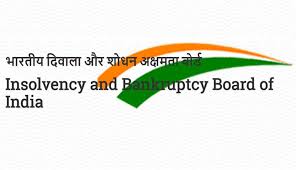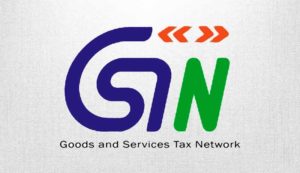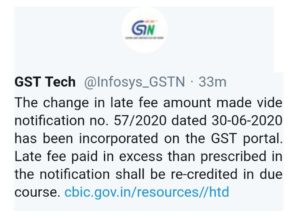
– All such verified ITRs shall be processed on or before 31st December 2020.
– ITRs can be verified digitally through EVC or by sending duly signed a copy to CPC Bangalore.
It has been brought to the notice of CBDT that a large number of electronically filed ITR still remains pending with the Income-Tax Department for want of receipt of a valid ITR-V Form at CPC, Bengaluru from the taxpayers concerned.
In law, consequences of non-filing the ITR-V within the time allowed is significant as such a return is/can be declared Non-est in law. Thereafter, all the consequences for non-filing a tax return, as specified in the Income-tax Act,1961 follow.
“The CBDT, in the exercise of powers under section 119 of the Act, in case of returns for Assessment Years 2015-16, 2016-17, 2017-18, 2018-19 and 2019-20 which were uploaded electronically by the taxpayer within the time allowed under section 139 of the Act and which have remained incomplete due to non-submission of ITR-V Form for verification, hereby permits verification of such returns either by sending a duly signed physical copy of ITR-V to CPC, Bengaluru through speed post or through EVC/OTP modes as listed in para 1 above.
Such verification process must be completed by 30.09.2020,” the circular said.
However, the circular clarified that this relaxation shall not apply in those cases, where during the intervening period, the Income Tax Department has already taken recourse to any other measure as specified in the Act for ensuring filing of a tax return by the taxpayer concerned after declaring the return as Non-est.
“CBDT also relaxes the time-frame for issuing the intimation as provided in the second proviso to sub-section (1) of Section 143 of the Act and directs that such returns shall be processed by 31.12.2020 and intimation of processing of such returns shall be sent to the taxpayer concerned as per the laid down procedure.
In refund cases, while determining the interest, provision of section 244A (2) of the Act would apply,” the circular said.






